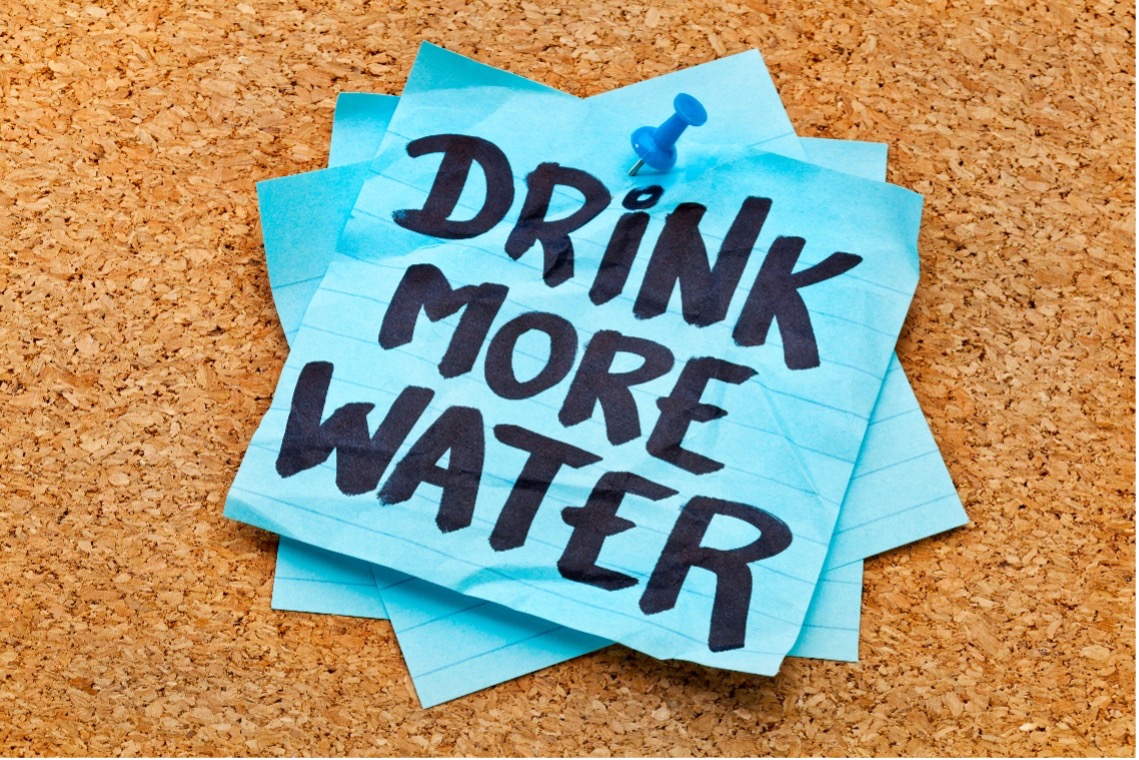Hydration is about more than just quenching your thirst. It’s a fundamental aspect of health that impacts numerous bodily functions. While we often hear about the importance of staying hydrated, the underlying reasons and benefits are not always clear. This blog post from Dr. Zachary Solomon aims to delve into the crucial role hydration plays in overall health, offering insights into how proper hydration benefits the body and how to effectively maintain it.
Understanding the Role of Water in the Body
- Cellular Health: Every cell in our body requires water to function properly. Water is essential for nutrient absorption, waste removal, and chemical reactions.
- Thermoregulation: Water plays a key role in regulating body temperature through sweating and respiration.
- Joint Lubrication: Adequate hydration ensures that our joints are well lubricated, reducing the risk of joint pain and arthritis.
- Digestive Health: Water aids in digestion, helps prevent constipation, and maintains a healthy gastrointestinal tract.
The Impact of Dehydration
- Physical Performance: Even mild dehydration can impair physical performance, reduce endurance, and increase fatigue.
- Cognitive Function: Dehydration can affect concentration, alertness, and short-term memory.
- Mood: There is a significant link between hydration and mood, with dehydration often leading to feelings of anxiety and irritability.
- Chronic Health Issues: Long-term inadequate hydration can contribute to kidney stones, urinary tract infections, and even chronic kidney disease.
How Much Water Do You Really Need?
- Individual Needs: The traditional advice of 8 glasses a day is a good starting point, but individual needs vary based on factors like age, weight, climate, and activity level.
- Hydration Indicators: Urine color is a practical indicator of hydration – pale yellow typically signifies good hydration.
- Beyond Water: Hydration isn’t just about water intake; it also includes fluids from other beverages and food, particularly fruits and vegetables.
Hydrating Foods and Beverages
- Fruits and Vegetables: Many have a high water content, such as cucumbers, lettuce, watermelon, and oranges.
- Broths and Soups: Not only provide water but also electrolytes, which are essential for hydration balance.
- Herbal Teas: A great way to increase water intake, while also offering other health benefits.
Tips for Staying Hydrated
Starting your day with a glass of water is an essential step towards staying hydrated throughout the day. Water is essential for our body to function correctly, and beginning our day with a glass of water can help kick-start our hydration and metabolism. It is recommended to drink at least 8-10 glasses of water per day.
Carrying a water bottle with you can make it easier to drink regularly and stay hydrated. You can refill your bottle and have water on hand at all times, especially while traveling or working out. It is recommended to use a reusable water bottle to minimize plastic waste.
For those who tend to forget to drink water regularly, setting reminders can be helpful. You can use your phone or a water tracking app to set reminders to take a sip every hour or so. This can be especially helpful for those who don’t feel thirsty often.
Hydrating before, during, and after exercise is crucial for recovery and performance. Drinking water before exercise can help you stay hydrated during the workout. During exercise, we lose fluids through sweat, so it is essential to drink water to replace lost fluids. After exercise, it is recommended to drink water to help your body recover and rehydrate.
Hydration is a simple yet essential aspect of maintaining health. By understanding the importance of water in our bodies and implementing practical strategies to stay hydrated, we can significantly improve our physical and mental well-being. Remember, your body’s hydration needs are unique to you, so listen to it and hydrate accordingly.
